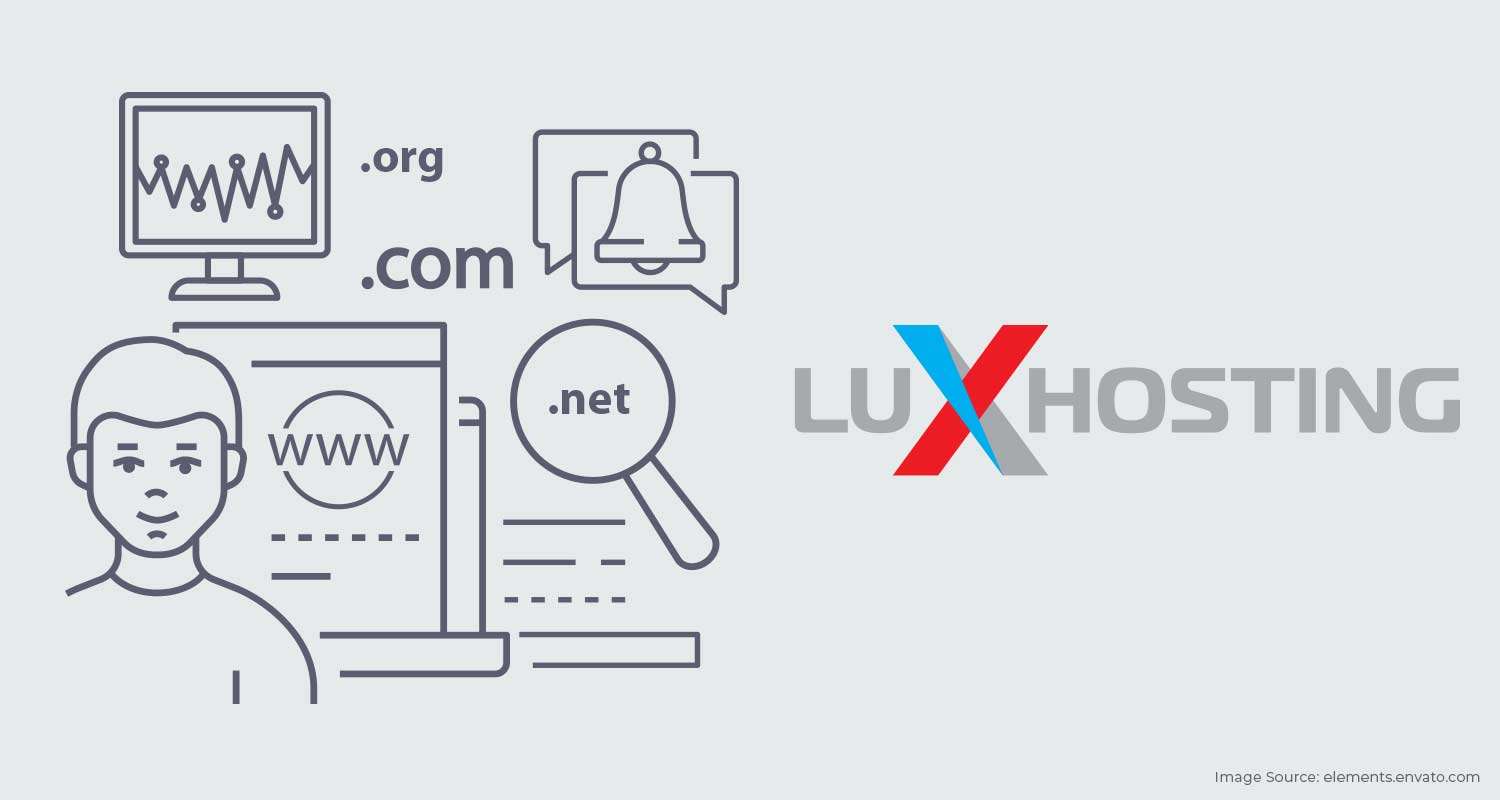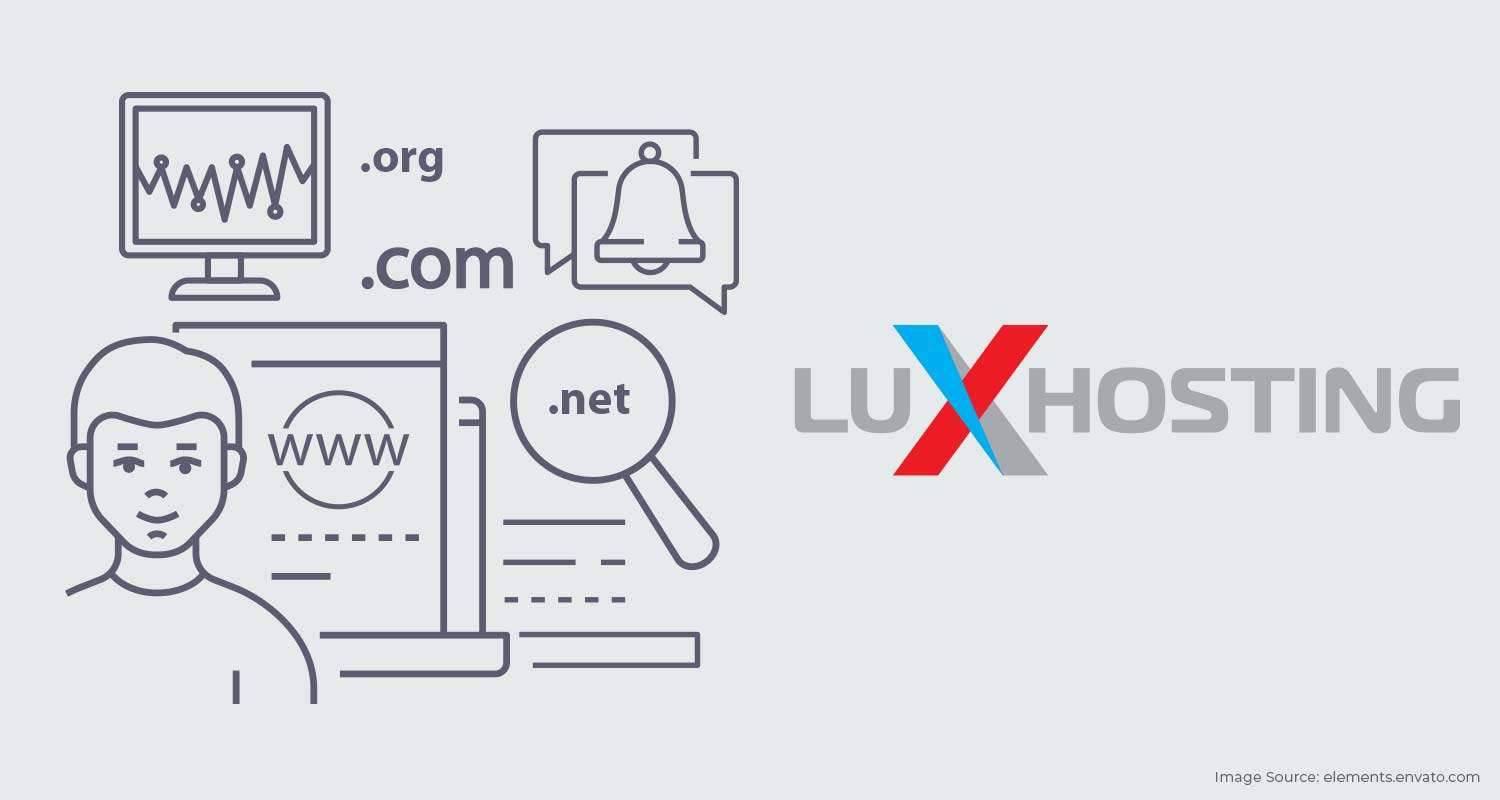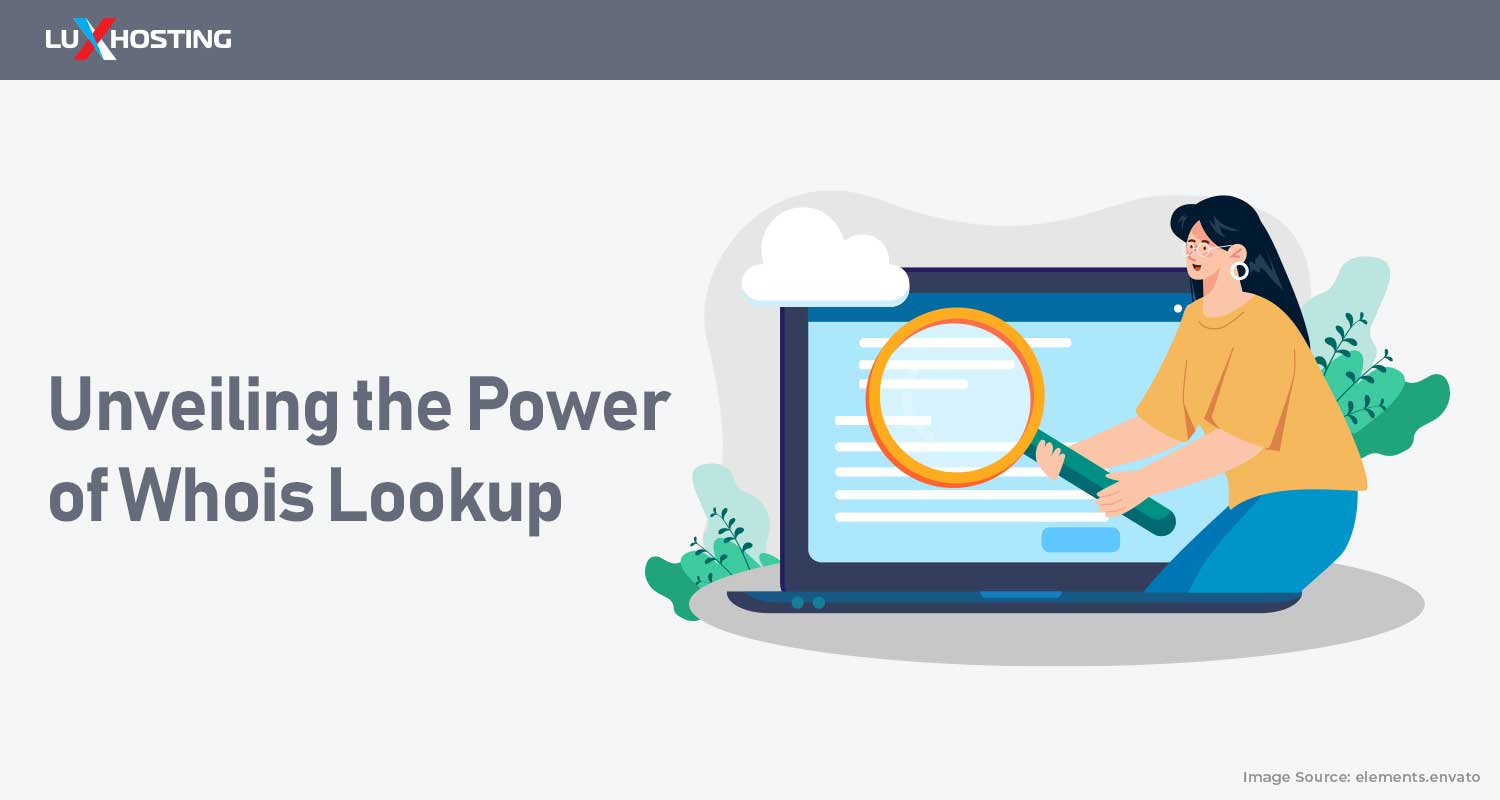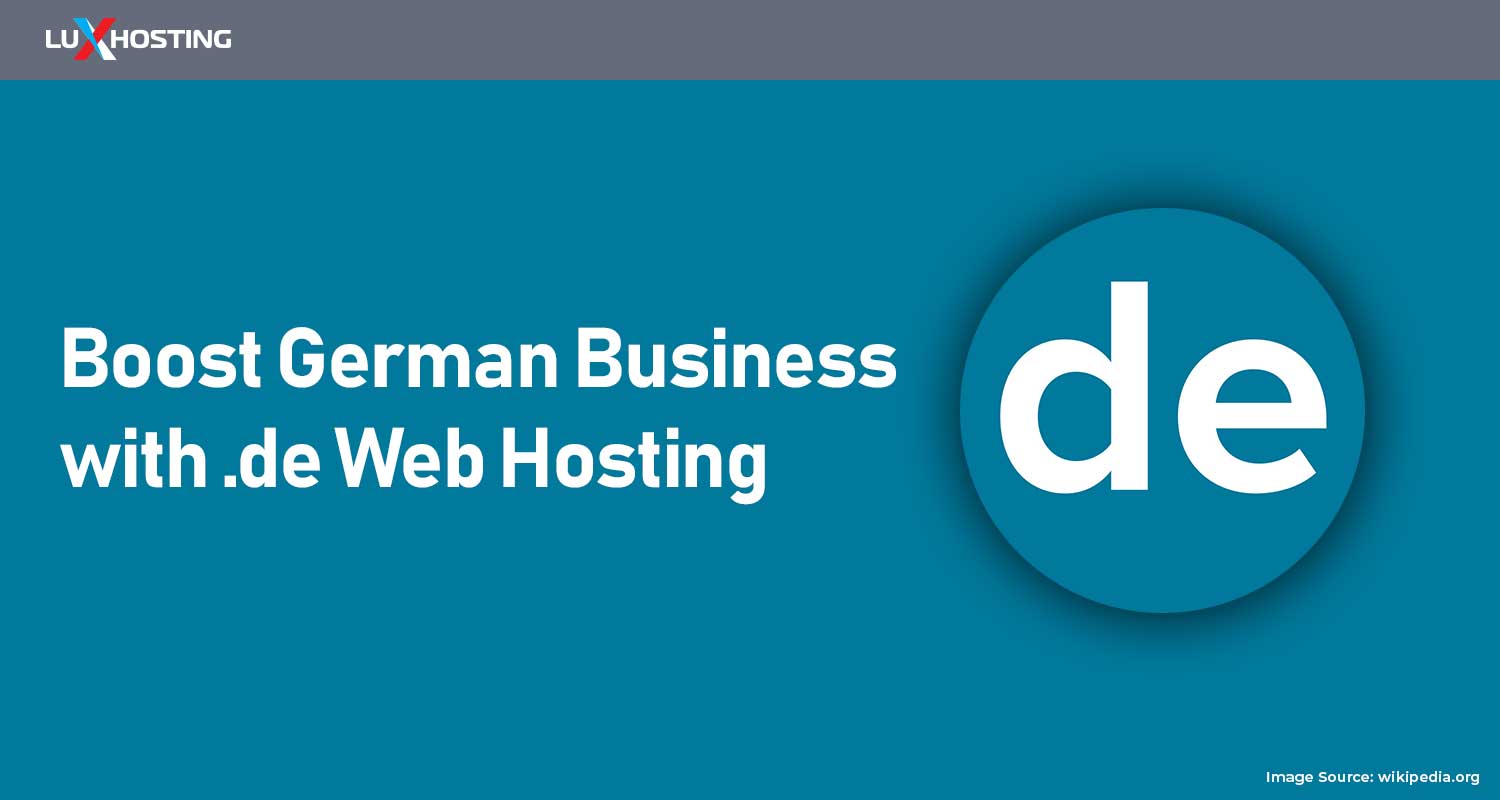Choosing the Best Domain Host - How it Affects SEO and Security
"Having a well-configured domain name and hosting setup is essential for SEO. It's the foundation upon which you build your website, and it can impact your site's ability to rank in search engines." - Duane Forrester, former Senior Product Manager, Bing Webmaster Center. The statement by Duane implies choosing the Best Domain Host affects SEO and Security. If you have a website and think SEO is all about content, keywords, mobile friendliness, site structure, and backlinks, you will need to read the entire content in this informative article. If you are starting a website or new to SEO, you will likely need clarification with these terms. Let's make it easier for you.
The basics of Web Hosting for websites
Web hosting is a service that allows you to make a website accessible on the internet. When you create a website, the files that make up the site need to be stored on a server so that users can access them via the internet. These files are then accessible to the public as web pages, videos, downloadable documents, and photos, among others. Secured Web Hosting providers offer different services that vary in features, performance, and cost. After hosting your website, you deploy SEO strategies to increase website traffic, and lead generation, among others.
The fundamentals of SEO
Search Engine Optimization (SEO) is the process of optimizing a website or web page to improve its ranking in search engine results pages (SERPs) for specific keywords or phrases. It involves making changes to a website to improve its ranking in (SERPs) for specific keywords or phrases. You can use tools such as MarketGoo or Google Keyword Planner to analyze your website and generate actionable recommendations that are easy to implement.
Why is SEO important?
When you publish your website, it may take a while to appear on the Search Engine Results Page (SERPs). You can fasten the process by using Google Keyword Planner or deploying SEO strategies, including on-page, off-page, Technical, and local SEO. However, more is needed to appear at the top of SERPs. Searching for something on the search engine often returns results from millions of web pages. These results are ranked and broken down into pages. According to a 2014 research, over 70% of searchers only check the results from the first page. This percentage underlines the importance of your web pages appearing on the first page. The research showed that the first five results accounted for a click-through rate (CTR) of 67.60%, while positions 6 to 10 accounted for only 3.73%. The first, second, and third organic results accounted for a CTR of 31.24%, 14.04%, and 9.85 %, respectively. Recent Google search engine statistics show a better distribution, with the first result accounting for 28.5%, while positions two and three accounts for 15% and 11% CTR respectively. These statics show that your web pages need to rank among the top results on the first page. SEO strategies help in the following ways: • Rank your web pages higher in the SERPs • Increase brand visibility and awareness • Improve your lead generation • Increase your credibility • Increases your competitive advantage using HeatSync Competitive Analytics. Is the need for SEO making more sense now? I bet you answered yes. Let's focus on how domain hosting affects SEO. Shall we?
How Does a Domain Host Affect SEO and Security?
Search engines rank websites using factors such as how fast your site loads, its security configuration, and uptime. Some of these factors are majorly determined by your hosting service. Let's delve deeper into these factors.
1. Hosting Type
There are different types of hosting, including shared, Virtual Private Server (VPS), dedicated, cloud hosting, free, and managed. The resources and features offered in each hosting type may vary between hosts. The type of hosting affects seo in different ways:
Speed and load time:
Different hosting types have varying processing speed levels, which can affect the website's loading speed. If a website takes too long to load, search engines may interpret this as a sign that the website is of low quality or irrelevant to the user's query. Additionally, slow page load times can lead to a poor user experience, resulting in a higher bounce rate and low dwell time.
Computing resources:
Free and shared hosting may have more limited resources than others, such as VPS or dedicated hosting. Limited resources, such as low processing power and memory, can affect the website's ability to handle high traffic quickly. This may result in slower load times or server downtime during peak traffic periods.
Sever s ecurity:
Shared hosting is the most popular option for clients due to its affordability and ease of use, but it may have fewer security measures compared to dedicated and managed hosting options. It's important to note that the responsibility for website security is shared between the web host and the website owner. The web host is responsible for protecting the web servers with firewalls, regular software updates, and other security measures, while the website owner is responsible for securing the actual website content and applications. Website owners should implement best practices such as using strong passwords, regularly updating software, and implementing SSL certificates to secure their website. Neglecting website security can result in negative consequences such as malware infections, hacking attempts, and loss of sensitive information, which can harm the website's reputation and decrease its search engine ranking. It is crucial for website owners to weigh the benefits and risks of each hosting option and make an informed decision that best suits their needs and budget while also ensuring the security of their website.
Server geographic location:
People who visit a website hosted on servers geographically closer to them will generally experience faster load times than websites hosted on servers farther away. Slow load time can negatively impact the user experience and the website's search engine ranking. Server location can also affect the website's visibility in SERPs. Search engines will generally give ranking preference to websites hosted in the same country or region as the search query. Additionally, hosting your website on a server in a specific location can be a signal to search engines of your target audience, which can make a difference in your local SEO. Best Domain Host whose servers are geographically close to the target clients. To improve SEO, optimize page load times by reducing the size of images, deploying caching, and minimizing site code. Also, choose fast hosting, such as cloud and dedicated hosting, that facilitates higher load times.
2. Host Server Downtime
When a search engine's crawler attempts to access a website that is down, it cannot retrieve the necessary information to index its pages. This delay can result in the website's pages not being included in search engine results, leading to decreased website traffic and brand visibility. Additionally, extended server downtime can lead to a poor user experience, resulting in a higher bounce rate. Server downtime can be caused by various issues related to domain hosting. These issues may include the following: • Server hardware failures, • Server software bugs • Server overload. • Cyberattacks • Network and power outages • Human error by the host's technical support. Choose a reliable host who quickly restores the website if it goes down. This measure will minimize the negative impact of server downtime on SEO.
3. Website Security
Search engines like Google prioritize secure websites with HTTPS websites over HTTP websites. HTTPS allows a user's web application or browser to connect securely with your website. If the website is not using HTTPS, it may have a lower search engine ranking than similar websites that use HTTPS. Additionally, websites that hackers have compromised may have malicious code or content added to them, which can negatively impact their search engine rankings. Moreover, search engines may also penalize or block websites identified as distributing malware or phishing, which can significantly decrease visibility and traffic. It's essential to ensure that your website is secure using HTTPS, regularly updating software and security patches. Choose Secured Web Hosting to help prevent security breaches and maintain the website's reputation.
Conclusion
It's important you choose the Best Domain Host since it affects your website's security and SEO efforts. A reliable domain host will provide reliable domain and wesite hosting solutions that help ensure that your website loads fast, is secure, and is available to your target client 24/7. You can also access top-rated SEO and Marketing tool such as Google Keyword Planner.



